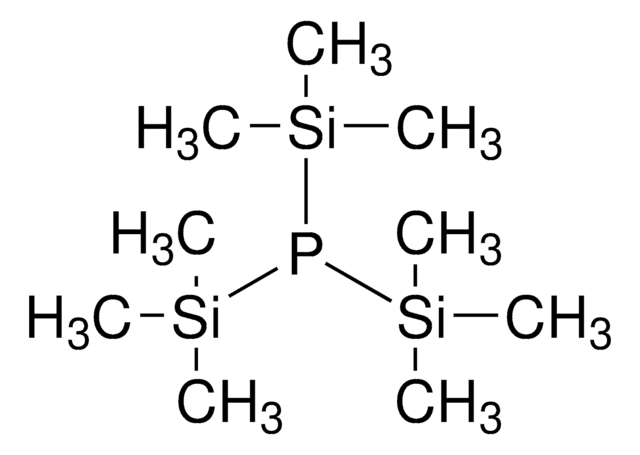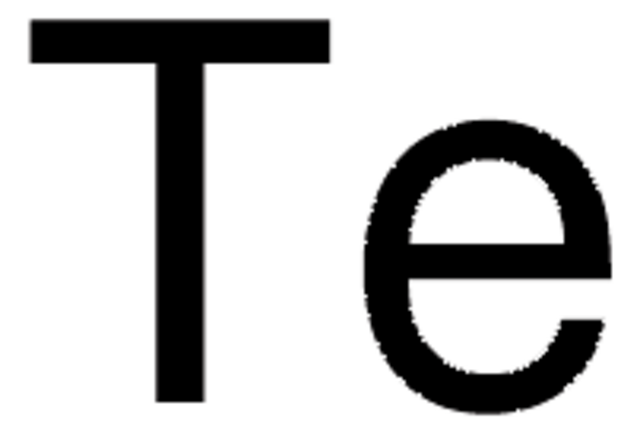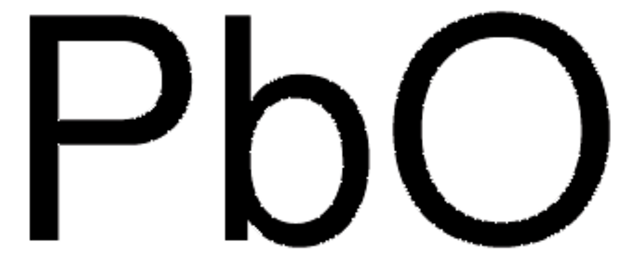202894
Cadmium oxide
≥99.99% trace metals basis
Synonym(s):
Cadmia
About This Item
Recommended Products
Quality Level
assay
≥99.99% trace metals basis
form
powder
reaction suitability
reagent type: catalyst
core: cadmium
density
8.15 g/mL at 25 °C (lit.)
SMILES string
O=[Cd]
InChI
1S/Cd.O
InChI key
CXKCTMHTOKXKQT-UHFFFAOYSA-N
Looking for similar products? Visit Product Comparison Guide
Related Categories
General description
Application
signalword
Danger
Hazard Classifications
Acute Tox. 2 Inhalation - Aquatic Acute 1 - Aquatic Chronic 1 - Carc. 1B - Muta. 2 - Repr. 2 - STOT RE 1
Storage Class
6.1A - Combustible acute toxic Cat. 1 and 2 / very toxic hazardous materials
wgk_germany
WGK 3
ppe
dust mask type N95 (US), Eyeshields, Faceshields, Gloves, type P2 (EN 143) respirator cartridges
Choose from one of the most recent versions:
Already Own This Product?
Find documentation for the products that you have recently purchased in the Document Library.
Customers Also Viewed
Articles
Solvothermal synthesis is a method for preparing a variety of materials such as metals, semiconductors, ceramics, and polymers.
Nanostructured Materials Through Ultrasonic Spray Pyrolysis
Advances in materials have often been led by the development of new synthetic methods that provide control over size, morphology and structure. The preparation of materials in a scalable and continuous manner is critical when development moves beyond lab-scale quantities.
Global Trade Item Number
| SKU | GTIN |
|---|---|
| 202894-25G | 4061838765352 |
| 202894-5G | 4061838765369 |
Our team of scientists has experience in all areas of research including Life Science, Material Science, Chemical Synthesis, Chromatography, Analytical and many others.
Contact Technical Service














